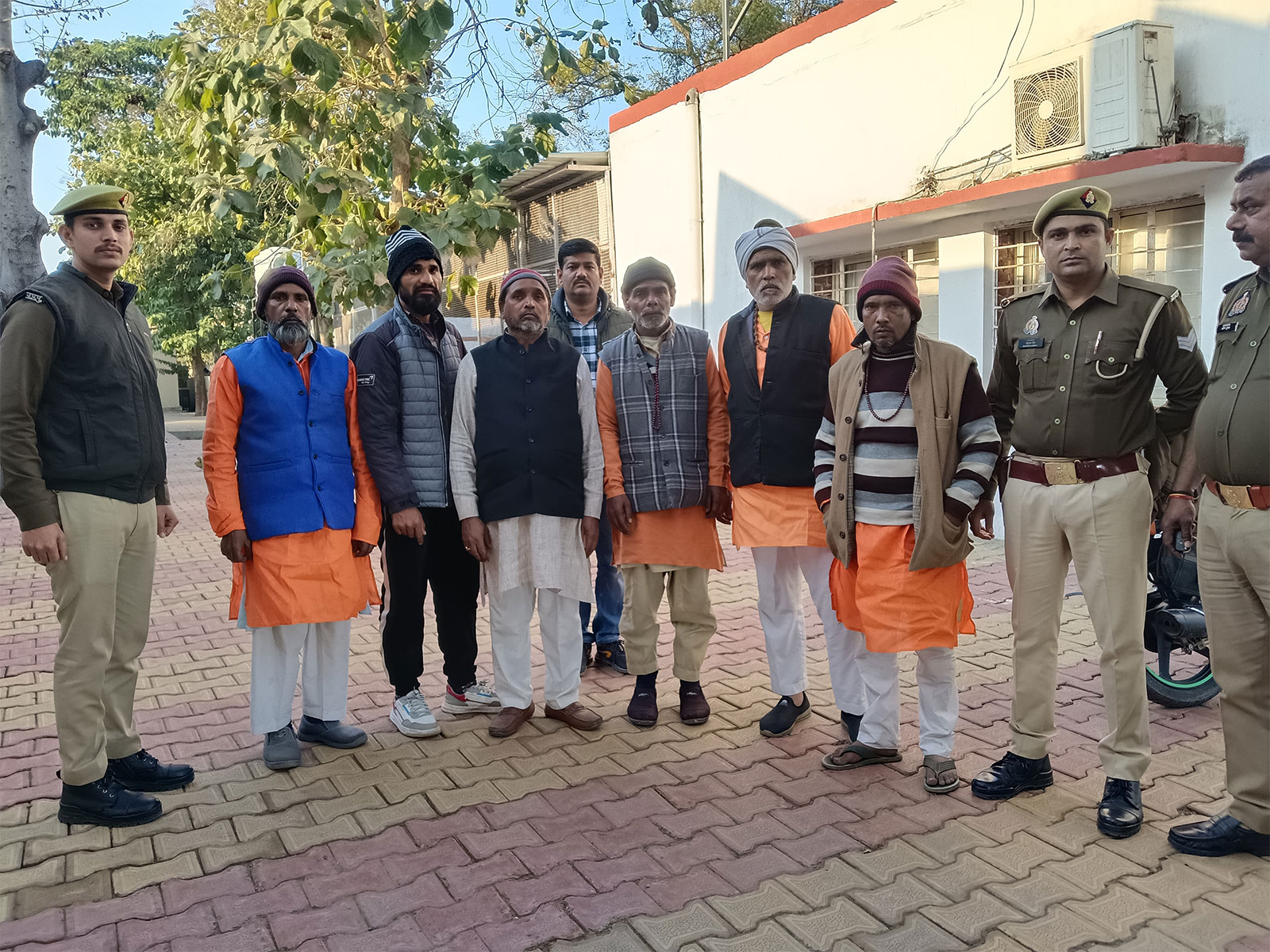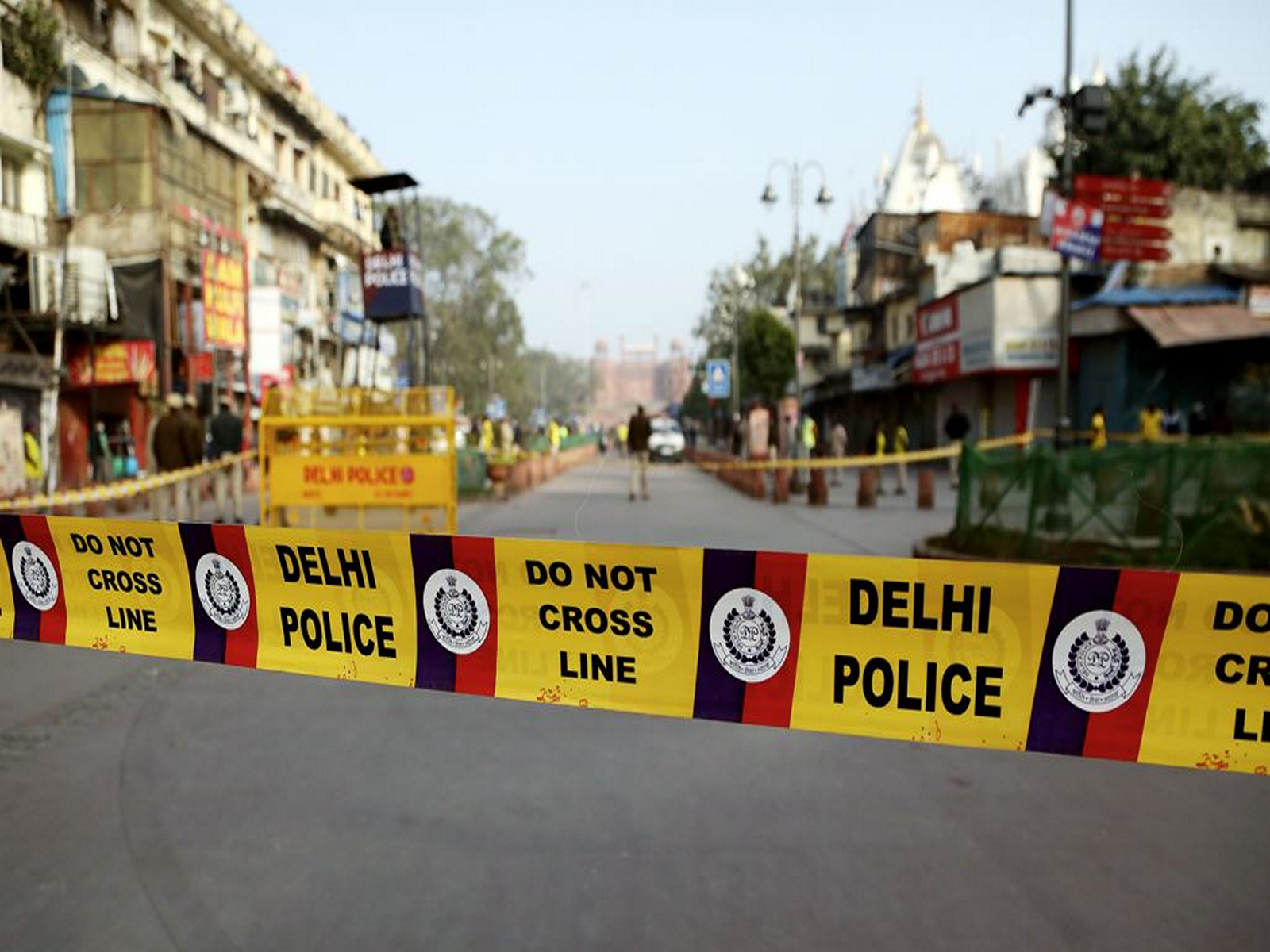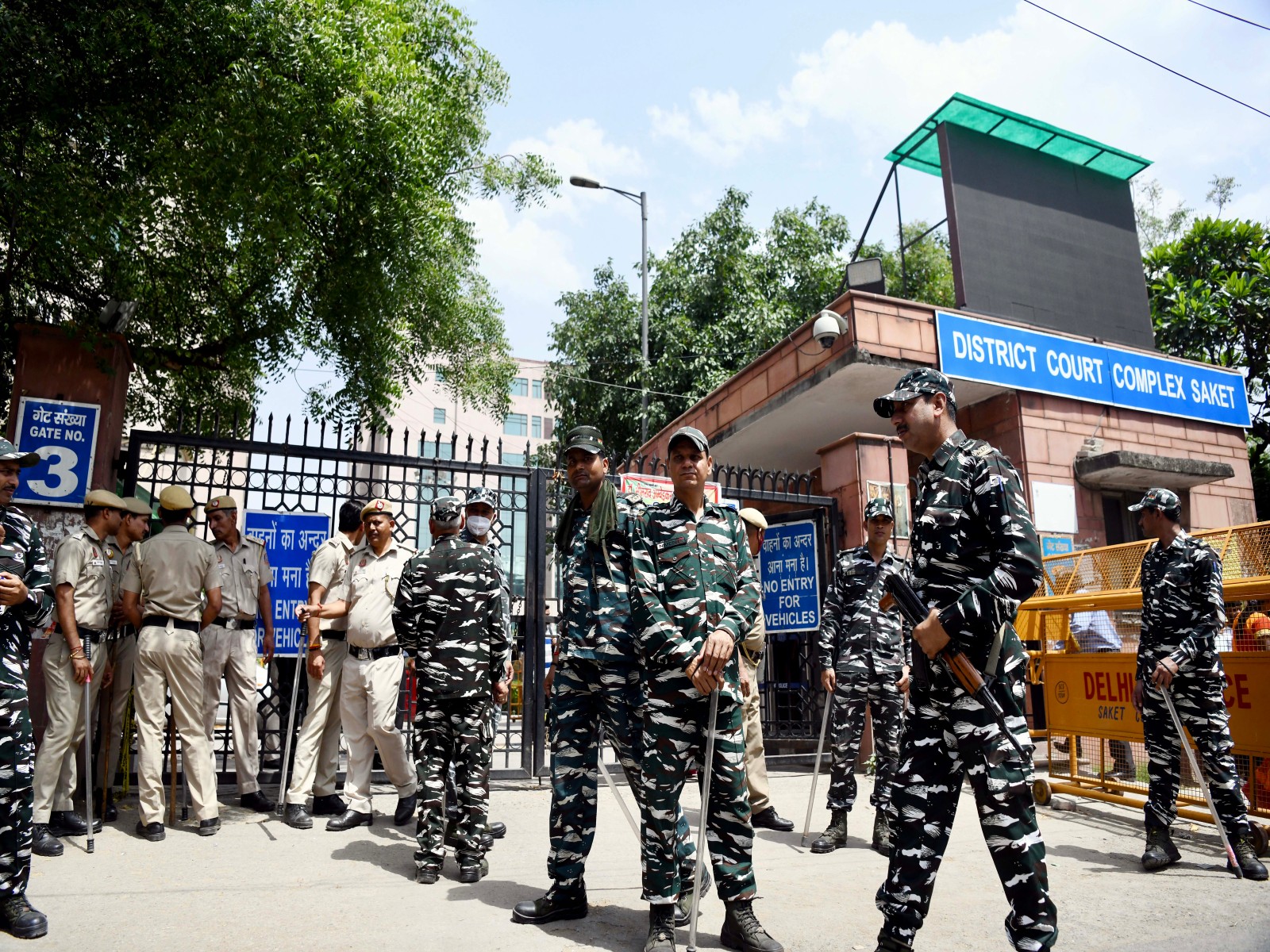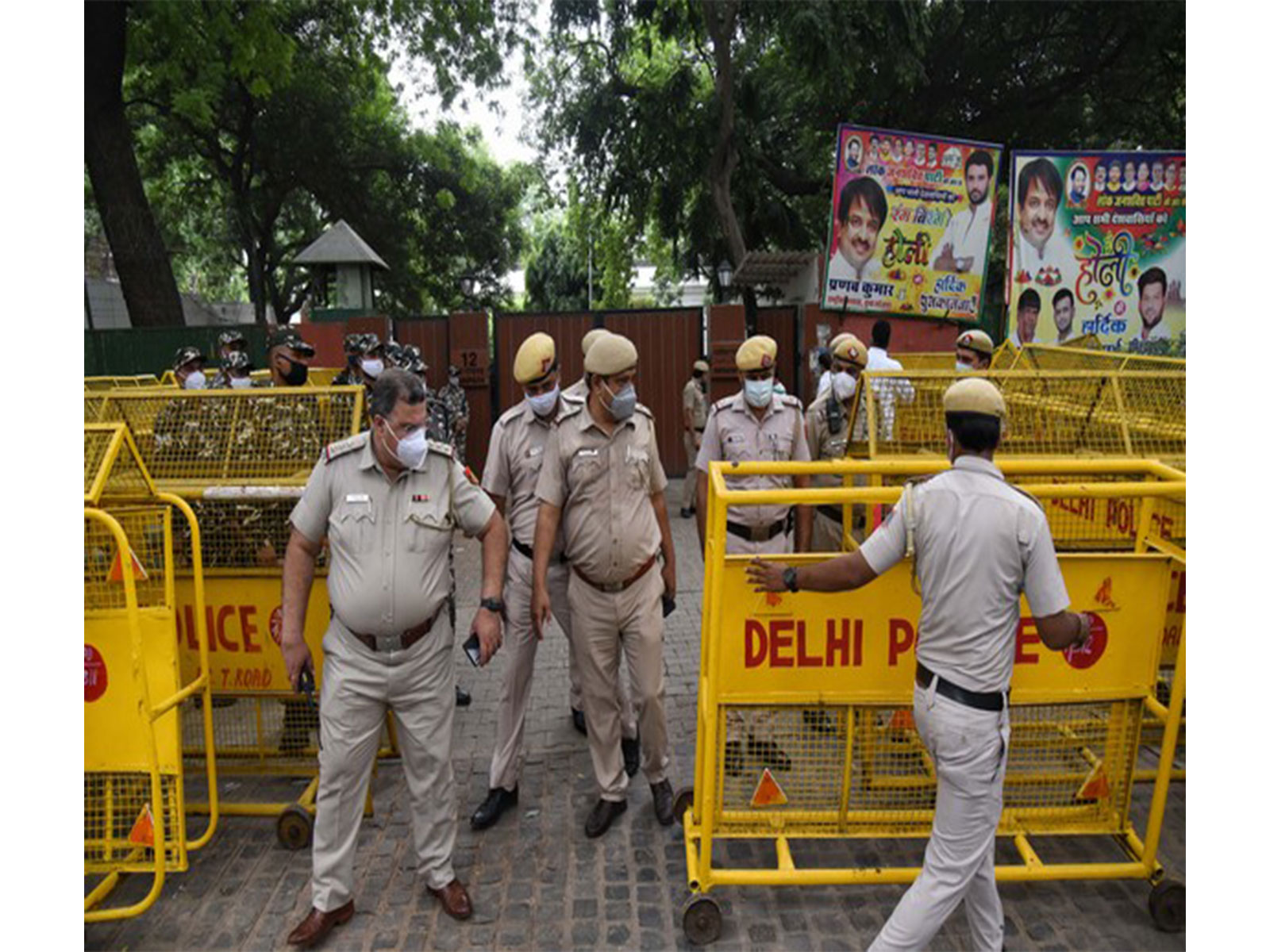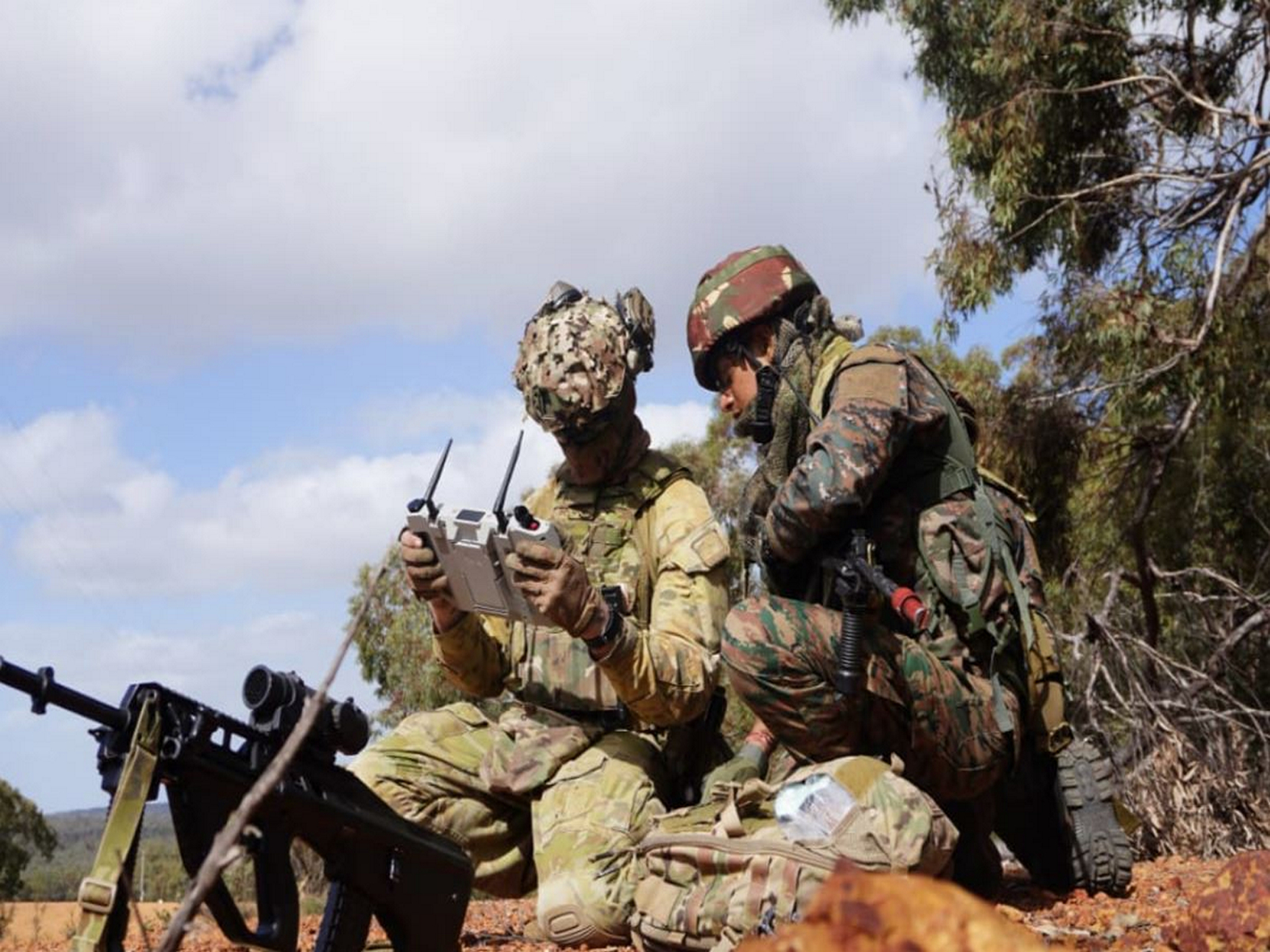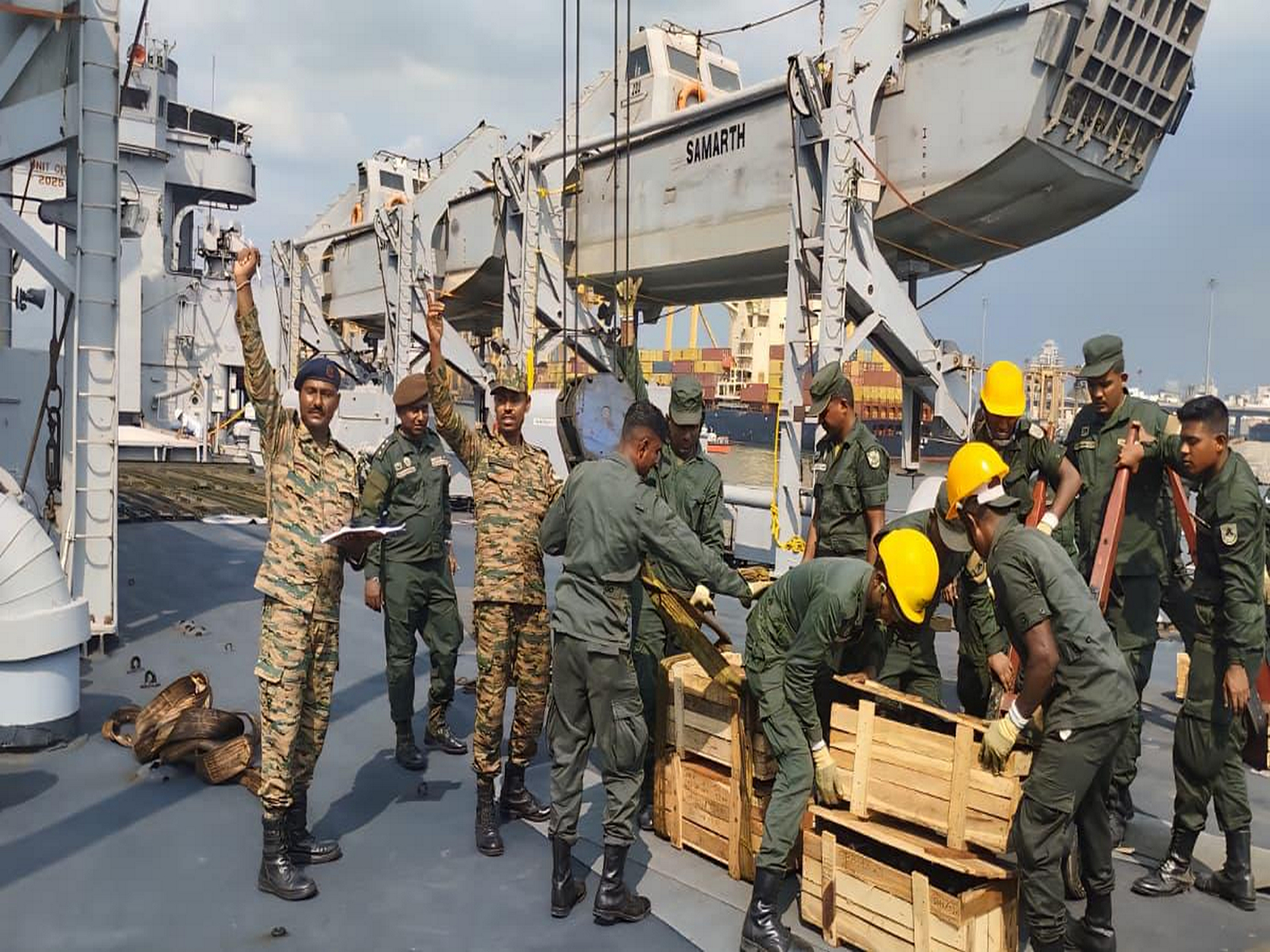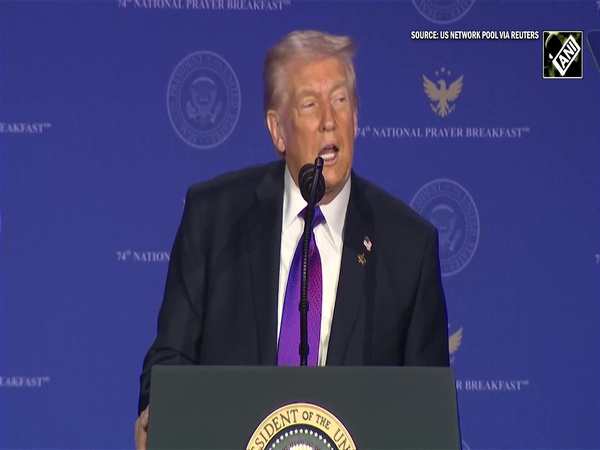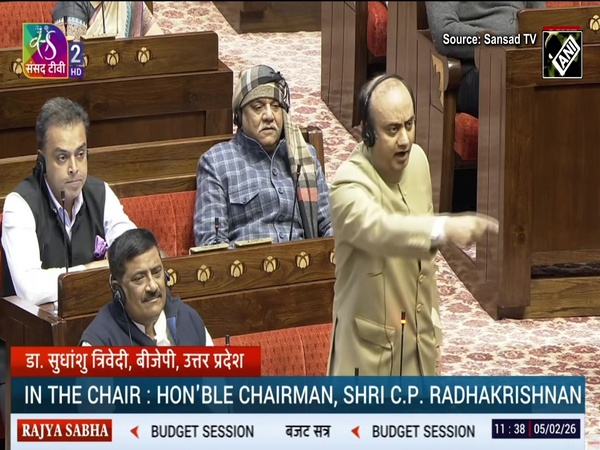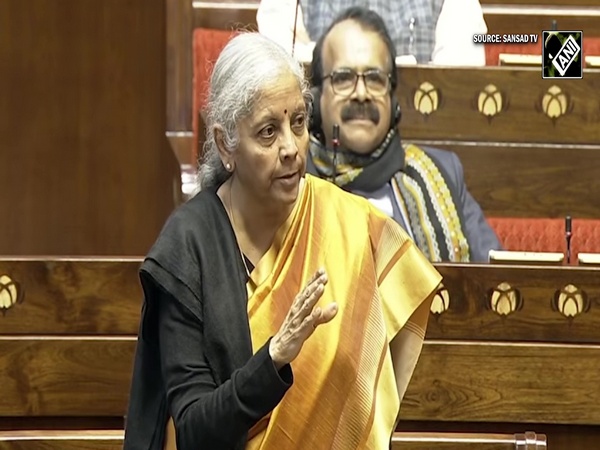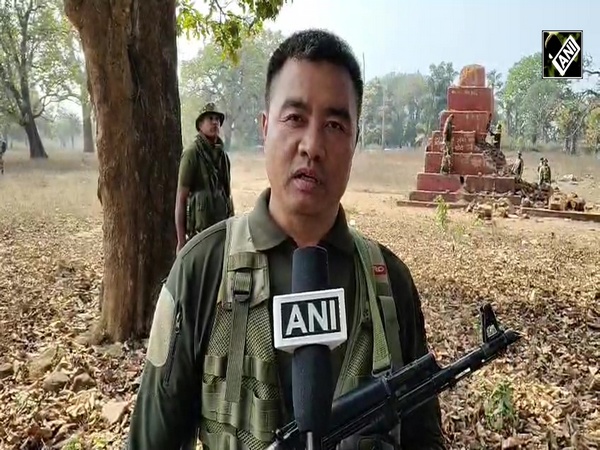Assam civil society groups seek Ramsar status for Roumari-Donduwa wetland complex in Laokhowa Wildlife Sanctuary
Oct 30, 2025
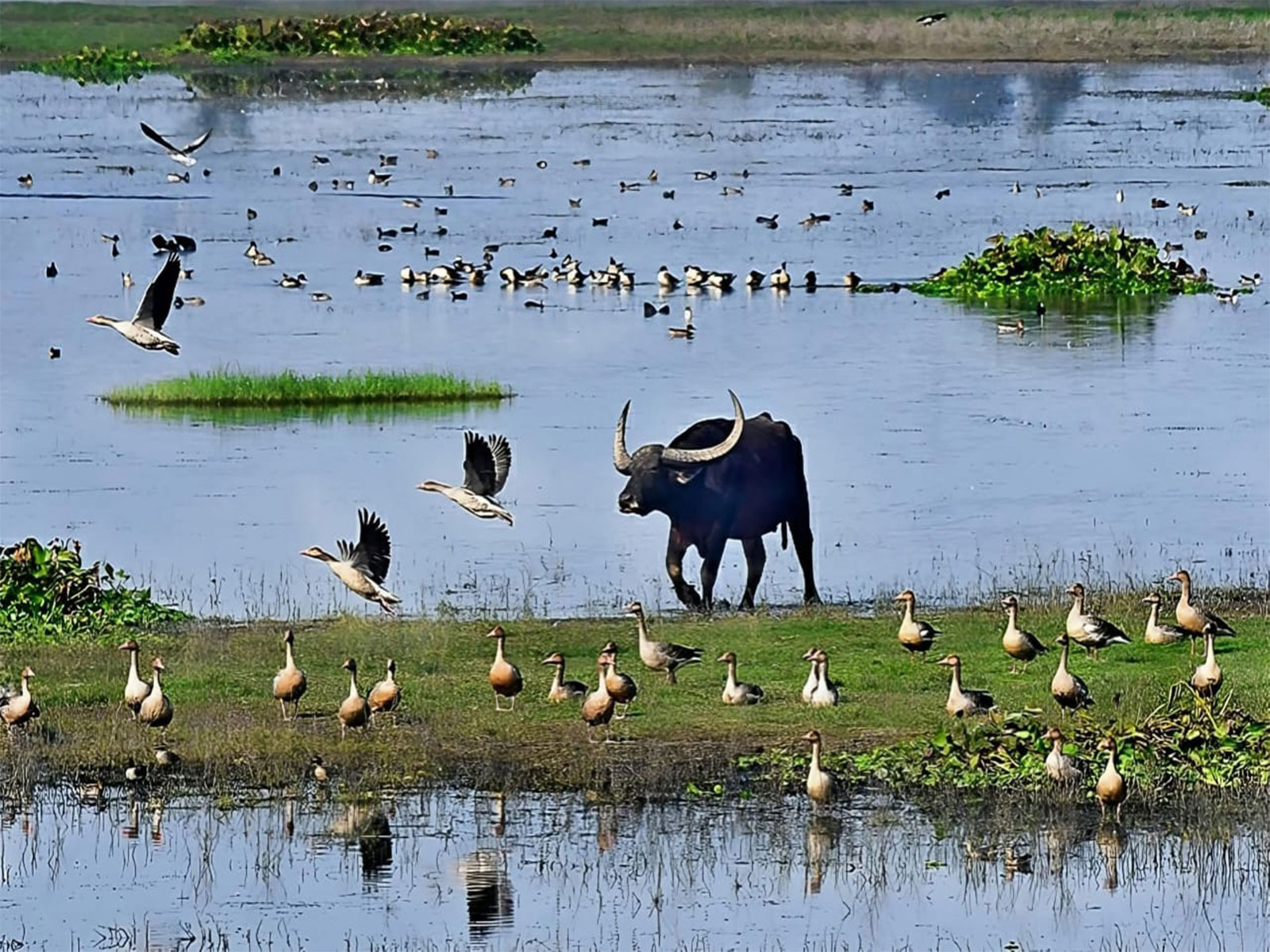
Nagaon (Assam) [India], October 30 : Civil society organisations and conservationists in Assam have urged authorities to declare the Roumari-Donduwa Wetland Complex within Laokhowa Wildlife Sanctuary as a Ramsar Site, citing its international ecological significance and rich avian biodiversity.
A one-day workshop on "Conservation of Wetlands of Laokhowa Wildlife Sanctuary, Kaziranga Tiger Reserve" was recently held at Nowgong Girls' College, Nagaon. The event was jointly organised by the Centre for Sustainable Development, Nowgong Girls' College, and the Kaziranga Tiger Reserve (KTR) to deliberate on strategies for conserving the Laokhowa wetlands and their role in maintaining biodiversity.
The workshop, moderated by Dr. Smarajit Ojah, OSD, Directorate of Higher Education, Assam, and Ashish Saikia, Assistant Professor, Department of Geography, Nowgong Girls' College, brought together over 60 researchers, educators, conservationists, students, and forest officials.
Dr. Sonali Ghosh, Field Director of Kaziranga National Park & Tiger Reserve, delivered the keynote address, noting that Laokhowa and the adjoining Burhachapori Wildlife Sanctuaries form buffer components of the Kaziranga Tiger Reserve and serve as connectivity corridors for wild animals migrating across the Kaziranga-Orang landscape.
She underscored the ecological importance of Laokhowa's wetlands in sustaining avian diversity and ecosystem services and urged researchers and students to document various ecological aspects of the wetlands to strengthen conservation databases and long-term monitoring.
Dr. Nilutpal Mahanta, Senior Manager, WE Foundation India, made a presentation on "Methodology of Documenting Avian Species of Wetlands," explaining scientific protocols and monitoring techniques used in avifaunal surveys and the importance of systematic data collection.
A detailed presentation on the Roumari-Donduwa Wetland Complex was delivered by Dr. Smarajit Ojah, Neeraj Bora, Research Scholar, Nagaon University, and Chiranjib Bora, Research Scholar, Gauhati University. They highlighted records of rare and critically endangered waterbird species, including the Knob-billed Duck, Lesser Adjutant Stork, Black-necked Stork, Ferruginous Pochard, and Common Pochard, underscoring the site's global ecological value.
Dr. Bhuban Chandra Chutia, Assistant Professor, Nowgong University, and Bipul Kr. Bora, Associate Professor (Retd.), ADP College, discussed the roles of educational institutions and civil society in wetland conservation.
Dr. Pranab Jyoti Bora, Senior Coordinator, WWF-India, and wildlife filmmaker Prasanta Kr. Bordoloi, also spoke on the unique avian ecology of the Laokhowa wetlands within the Kaziranga landscape.
Dilwar Hussain of the Laokhowa-Burhachapori Wildlife Conservation Society presented a historical overview of the wetlands and called for declaring the Roumari-Donduwa complex as a Ramsar Site, citing its ecological vulnerability and the need for habitat restoration.
Noirrita Priyadarshini, Research Scholar, Tezpur University, said that the Roumari-Donduwa Wetland Complex fulfilled eight out of nine Ramsar criteria, given its biodiversity and importance for migratory birds.
A video compilation by Suhashini Handique, M.Sc. student, Gauhati University, featuring interviews with birders and researchers such as Prachi Mehta, Sujon Chatterjee, Dr. Udayan Borthakur, and others, was also screened. The video showcased the avifaunal diversity and thriving ecology of the Roumari-Donduwa area, documented during the 6th Waterbird Census 2025 conducted in Kaziranga Tiger Reserve.
The Assam Bird Monitoring Network also presented a memorandum to the Field Director, Kaziranga Tiger Reserve, advocating for Ramsar recognition and enhanced protection of the Roumari-Donduwa wetlands.
As of October 2025, India has 93 Ramsar sites, with Tamil Nadu leading at 20, followed by Uttar Pradesh with 10. Assam, despite having over 3,000 wetlands, has only one Ramsar site-Deepor Beel, designated in 2002.
The Roumari and Donduwa wetlands within Laokhowa Wildlife Sanctuary together cover around 2.5-3 sq km and support over 120 resident and migratory bird species. The 6th Kaziranga Wetland Bird Census 2025 recorded over 47,000 birds from 163 species across both wetlands, surpassing the counts at Assam's only Ramsar site.
In his closing remarks, Rajib Hazarika, DFO, Nagaon Wildlife Division, commended the joint initiative and pledged continued cooperation between the Forest Department and academic institutions.
Dr. Kulen Ch. Das, Principal of Nowgong Girls' College, appreciated the proactive involvement of students and researchers and reaffirmed the College's commitment to sustained wetland conservation efforts.
The workshop concluded with a unanimous call to declare the Roumari-Donduwa Wetland Complex as a Ramsar Site, stressing the need for institutional collaboration, long-term monitoring, and local participation to ensure the protection and sustainability of Laokhowa's wetland ecosystems.
